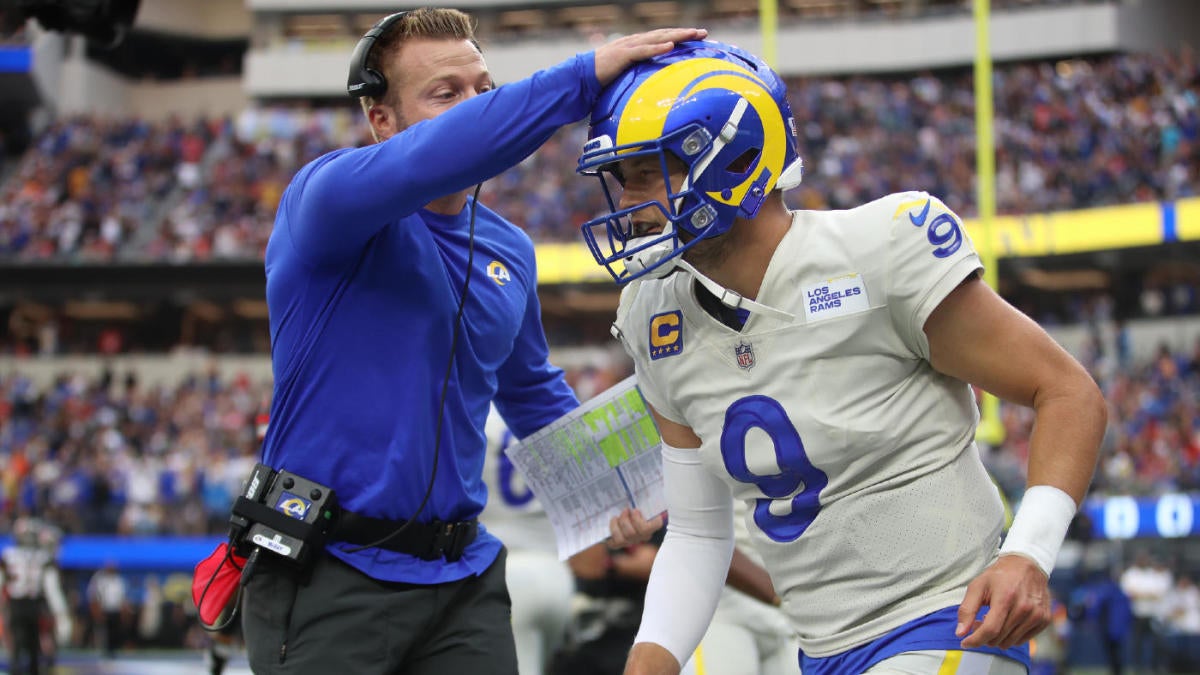Russian paratroopers arrive in Kazakhstan to help end protests
Written by ABC Audio All Rights Reserved on January 6, 2022

(MOSCOW) — Russian paratroopers have arrived in Kazakhstan to help its government end mass protests that are gripping the former Soviet country.
The Russian troops are deploying to Kazakhstan as part of a joint force from a Russian-led military alliance of several former Soviet countries, after Kazakhstan’s President Kassym-Jopart Tokayev appealed late Wednesday it for help in supressing the protests. The unrest was triggered by a hike in fuel prices, but has escalated into an unprecedented uprising against Kazakhstan’s authoritarian regime, with thousands of people storming government building across the country, including the largest city, Almaty.
The Russian-led alliance, the Collective Security Treaty Organisation (CSTO), has said the force is part of a “peacekeeping” mission to help Kazakhstan’s government restore order. The Russian paratroopers landed Wednesday morning close to Almaty and would begin completing tasks immediately, the alliance told Russian news agencies. Contingents from Belarus, Armenia, Tajikistan and Kyrgyzstan will also deploy, according to the alliance.
The Russian troops arrived as Kazakhstan’s security forces moved to try to regain control in Almaty, the former capital where protesters yesterday stormed and set fire to key government buildings and overran the airport. Local police said overnight they had killed dozens of protesters in the city, accusing them of attacking government and police buildings.
Video published by the Russian news agency TASS showed Kazakhstan government soldiers advancing in a line and firing at protesters in Almaty. That shooting took place at the main square in front of Almaty’s mayor’s office, according to the agency, that was the center of the protests on Wednesday and was gutted by fire after a crowd stormed it. Kazakhstan’s interior ministry said Thursday that police had now arrested 2,000 people during raids in Almaty and that officers were now moving “to clear” two main streets.
Almaty’s police department said 8 police and security personnel were killed and 353 injured during Wednesday’s protests.
President Tokayev has vowed to use force to put an end to the protests, after concessions earlier Wednesday, including dismissing his government and reversing the fuel price rise, failed to quell them. Tokayev claimed the protests were being led by foreign terrorists groups, using the claim to justify his call for the Russian-led alliance to send troops.
It was not clear how many Russian troops were being sent, though the force appeared to be relatively small. Tajikistan has said it will send 200 soldiers, Belarus 500 and Armenia around 70.
It was unclear whether the Russian troops would take part directly in operations against the protesters, which could see them fire on Kazakh civilians, an inflammatory scenario Moscow likely wants to avoid. The CSTO alliance said the “peacekeeping” force’s main tasks would be “to secure important state and military facilities” and to assist Kazakhstan’s law enforcement agencies “stabilise the situation.”
An internet blackout made it difficult to access the state of the protests on Thursday, although connection was restored later in the day. In Almaty, the center of the protests, the streets were largely empty and eerily quiet on Thursday, according to an ABC reporter in the city. The reporter said overnight they had heard distant gunshots but that on Thursday there was little sign of protesters in most of the city, as security forces moved to try to clear the central square.
Authorities announced all banks were temporarily closed Thursday due to ongoing “counter-terrorism operations” and because of problems with the internet. In the capital, Nur-Sultan, local residents reported lines for bread and other foods.
Videos posted by local independent media showed crowds of protesters in some cities, including the western oil hub Zhanozen, where the protests over the fuel prices began five days ago.
The protests started there after the price of liquified natural gas used in vehicles almost doubled overnight. But by Tuesday the protests had spread across Kazakhstan and were challenging the regime created by Nursultan Nazarbayev, the former Communist party boss who has dominated the country since it gained independence during the Soviet Union’s fall.
Nazarbayev, who is 81, in 2019 handed power to Tokayev as his handpicked successor, but he retained substantial power behind the scenes by moving to become chair of the national security council and he was granted the honorary title of “leader of the nation.” Under Tokayev, Nazarbayev’s cult of personality has continued, with the capital city, Nur-Sultan, named after him.
Protesters pulled down a statue of Nazarbayev on Wednesday in Taldyrkurgan, the Almaty regional capital. And demonstrators in many places chanted a Kazakh slogan meaning “Go away, old man!”
Tokayev on Wednesday announced he was taking over from Nazarabayev as head of chairman of the security council, in what appeared as a concession to the protests meant to signal a final end to Nazarbayev’s rule. Tokayev himself was named president in an election criticised by international observers as flawed.
Nazarbayev’s regime has been a close ally of Russia’s president Vladimir Putin, which considers Kazakhstan a crucial part of Moscow’s sphere of influence. The intervention to help Kazakhstan’s government was the second time in a year and a half, that the Kremlin has had to come to the aid of a former Soviet authoritarian leader in a key neighbor, after mass protests in 2020 threatened to topple Belarus’ Alexander Lukashenko.
Copyright © 2022, ABC Audio. All rights reserved.






